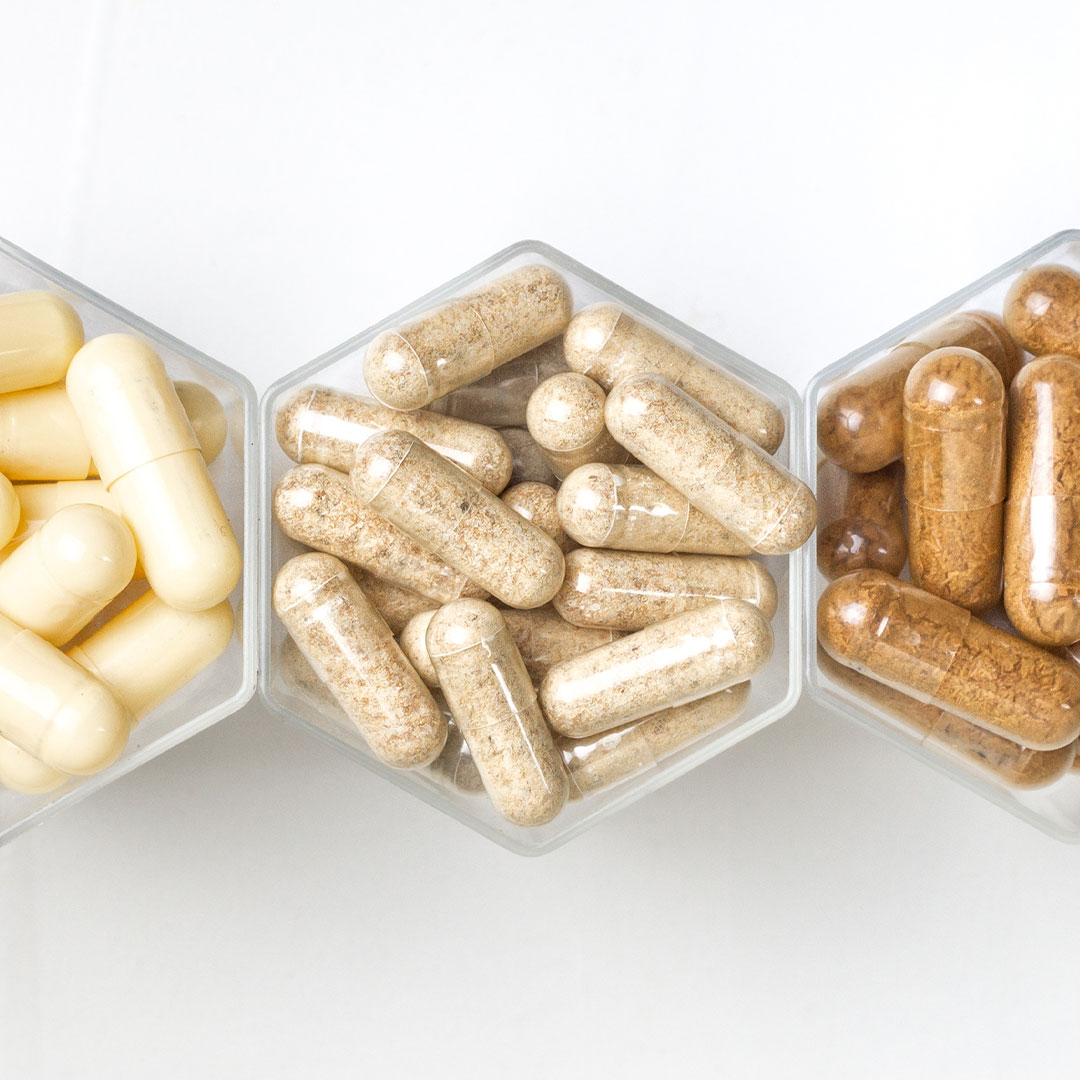Welcome to
Transform Your Health
Serving Trinity, Tarpon Springs, Palm Harbor, Dunedin, Clearwater, Riverview, Valrico, and the overall Tampa Bay Areas.
Founder
Erika Bradshaw, MD
Hello! My name is Dr. Erika Bradshaw. I am a licensed Internal Medicine physician who has been providing an integrative approach to health care in the Tampa Bay area since 2002. By gathering this vital information, together we can achieve a better understanding of the current state of health and how to achieve optimization where possible.

Our
Services
By combining aspects of both Eastern and Western medicine philosophies, we have the ability to utilize the best qualities of alternative, integrative, holistic, and functional medicine ideals.

Natural Thyroid Management
The thyroid gland is a butterfly-shaped organ located in the neck below the Adam’s apple. The thyroid produces hormones that affect the function of just about every organ system in the human body.

Heavy Metal & Mold Toxicity
Found all around us, from technological devices, modern agriculture, foods that we eat regularly, water we drink and bathe in; heavy metals can cause detrimental effects on numerous systems and organs in our body.

Wellness, Weight Loss & Nutritional Optimization
Peptides reproduce what the body already knows to do through its signaling, neurotransmitters, hormones, and enzymes; making them complementary protocols to a healthy lifestyle.
Our
Specials
Only available for the month of April
Our
Specials
Only available for the month of April



Book Appointment
We will do our best to schedule you for the time you’ve selected. Please be aware that last minute availability is not always guaranteed. Call our office if you would like an appointments within the next 48 hours.
How to









